Rachel Ehrenberg
Previously the interdisciplinary sciences and chemistry reporter and author of the Culture Beaker blog, Rachel has written about new explosives, the perils and promise of 3-D printing and how to detect corruption in networks of email correspondence. Rachel was a 2013-2014 Knight Science Journalism fellow at MIT. She has degrees in botany and political science from the University of Vermont and a master’s in evolutionary biology from the University of Michigan. She graduated from the science writing program at the University of California, Santa Cruz.

Trustworthy journalism comes at a price.
Scientists and journalists share a core belief in questioning, observing and verifying to reach the truth. Science News reports on crucial research and discovery across science disciplines. We need your financial support to make it happen – every contribution makes a difference.
All Stories by Rachel Ehrenberg
-
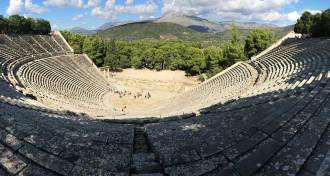 Archaeology
ArchaeologyPin-drop test pops Greek amphitheater’s acoustic claims
Analysis of an ancient Greek amphitheater’s ability to carry sounds reveals overblown tour guide claims.
-
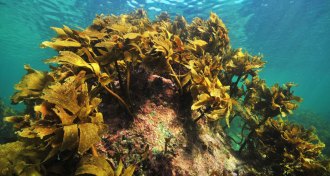 Plants
PlantsHow to eavesdrop on kelp
Sounds reverberating through a kelp bed can be linked to environmental factors, suggesting a low-key way to monitor undersea communities.
-
 Anthropology
AnthropologyThe southern drawl gets deconstructed
Analysis of the diversity of vowel sounds found in southern accents could help developers of speech recognition software.
-
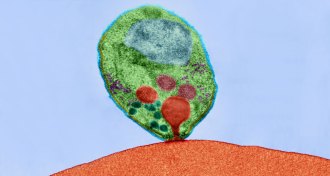 Genetics
GeneticsHybrid protein offers malaria protection
Rare hybrid protein that spans red blood cell membranes offers some protection against malaria.
-
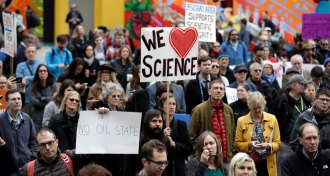 Science & Society
Science & SocietyMarch for Science will take scientists’ activism to a new level
The March for Science may be the first of its kind, science historians say.
-
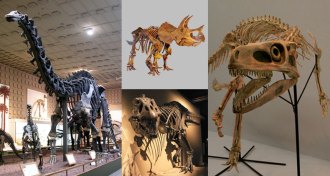 Paleontology
PaleontologyAnatomy analysis suggests new dinosaur family tree
A new analysis rewrites the dinosaur family tree, splitting up long-recognized groups.
-
 Science & Society
Science & SocietyData-driven crime prediction fails to erase human bias
Software programs that predict where crimes will occur don’t eliminate bias; they exacerbate it.
-
 Science & Society
Science & SocietyChoosing the right cyberattack response is a complicated game
Public shaming or retaliation aren’t necessarily the best strategies in the world of cyber warfare, an analysis reveals
-
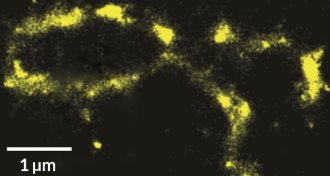 Life
LifeNew imaging technique catches DNA ‘blinking’ on
Dye-free imaging technique zooms in below 10-nanometer threshold, allowing new cellular views.
-
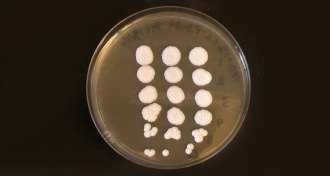 Health & Medicine
Health & MedicineCommon fungus may raise asthma risk
The presence of a fungus in the infant gut can signal development of asthma by age 5.
-
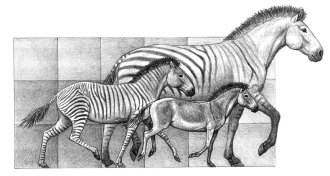 Life
LifeHorses buck evolutionary ideas
Horse evolution doesn’t fit classic scenario of trait evolution.
-
 Science & Society
Science & SocietyTrump administration clampdowns on research agencies worry scientists
Mixture of bans on federal research communications create confusion and fear.